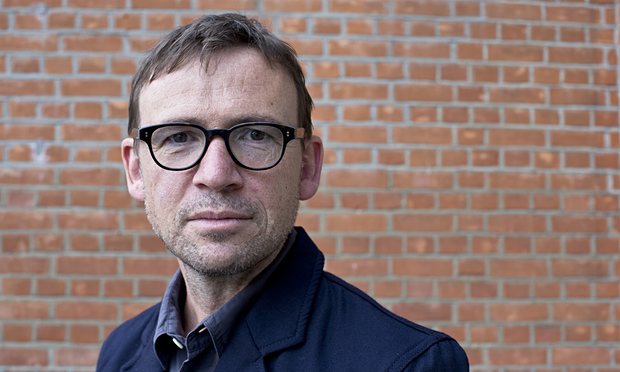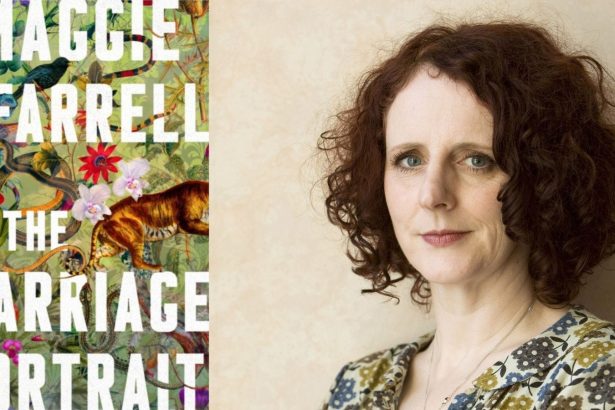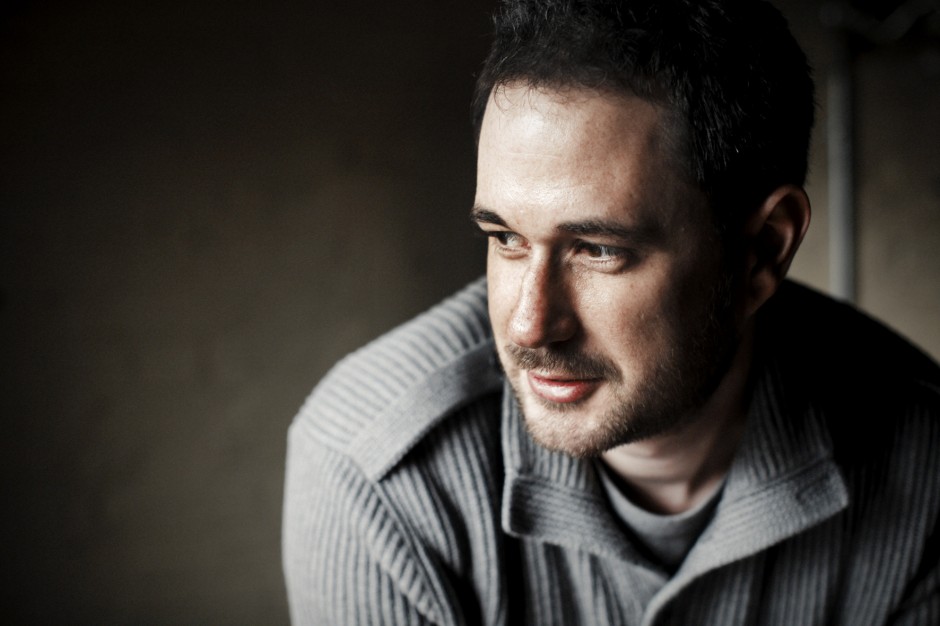When David Nicholls started talking about the eagerly awaited follow-up to the phenomenon that was One Day, he admitted Us was a sequel of sorts. Not literally – Us isn’t “what Dexter did next” – but there’s certainly a sense of continuum as its 54-year-old narrator Douglas battles with what happens after the excitement of new love, new home and new children dies down. The unrequited love at the heart of One Day is still here – just within a family increasingly uneasy with itself.
As he proved in One Day, David Nicholls is brilliant at picking apart modern life with all its hopes, disillusionments and regrets, and marrying it to a gently heartbreaking narrative. Here, the uptight and pragmatic Douglas recounts on the very first page the moment the effortlessly cool and liberal Connie, his wife for over 20 years and mother of their 17-year-old son, says: “I think I want to leave you.” The “think” is crucial, because it gives Douglas the slightest of impressions that he can win her back on a last family holiday around Europe.
From Paris to Venice, the holiday turns into a sad farce, and while some of the plot contrivances do require some suspension of disbelief, Douglas always rings true. His observations on family life, fatherhood and growing older are sad, often funny and effortlessly drawn – and the frequent flashbacks to when Douglas and Connie were happier (and sometimes distraught) are vivid and underpin the poignantly nostalgic tone. When he describes their new house in the country as “a half-empty doll’s house with not quite enough dolls”, it’s genuinely tragic.
When Us was published in hardback last year – and Booker longlisted – any criticism of the book surrounded Douglas’s prosaic personality set against Connie’s spontaneity. It is odd that he appears to have no male friends, and the first-person delivery does beg the question of who exactly Douglas is telling his story to. But where the media luvvieness of Dexter in One Day was slightly dated, this story of a biochemist and museum worker feels more grounded. And in its similarly bittersweet ending, Nicholls reveals himself to be an adept chronicler of the cruelties, banalities – and sometimes joys – of 21st-century life.


